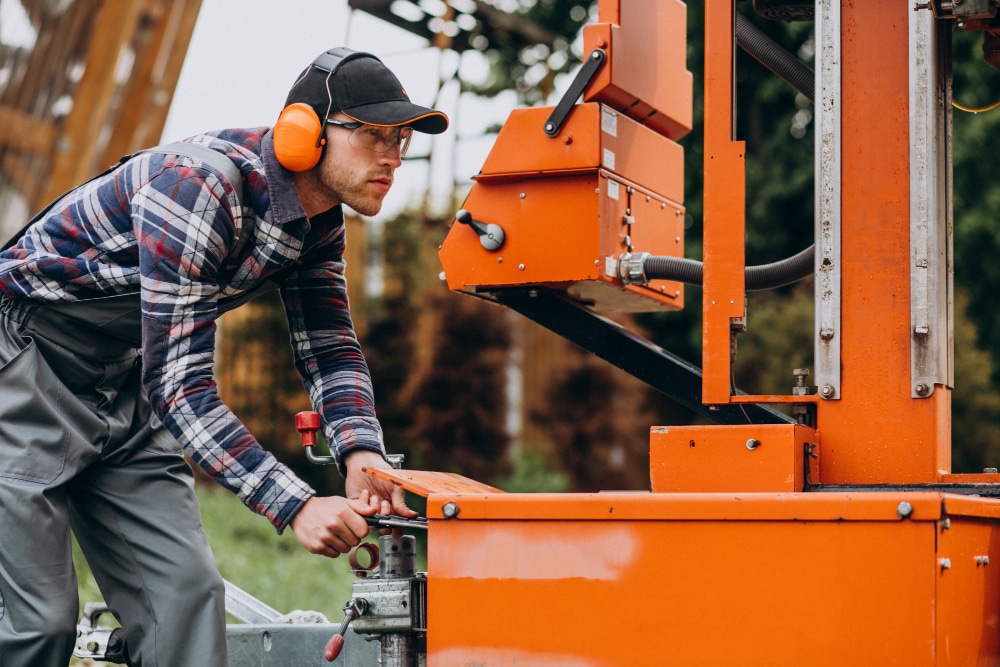
Aircore drilling is one of the most effective methods for mineral exploration, offering fast and cost-efficient drilling while providing high-quality samples with minimal contamination. This technique is widely used in greenfields exploration to map shallow deposits before deeper drilling methods, such as reverse circulation (RC) or diamond drilling, are deployed.
Despite its many advantages, Aircore drilling is not without its challenges. Issues such as sample contamination, groundwater ingress, rig downtime, and poor data management can impact drilling efficiency and project outcomes. These obstacles, if not properly addressed, can lead to increased costs, project delays, and inaccurate resource estimations.
Fortunately, advancements in drilling management software and real-time monitoring now offer solutions that can streamline Aircore drilling operations. In this article, we explore the most common challenges in Aircore drilling and proven solutions to enhance efficiency, accuracy, and compliance.
Challenge 1: Poor Sample Recovery & Contamination
The Problem
One of the primary advantages of Aircore drilling is its ability to deliver clean, uncontaminated samples. However, if the drilling parameters are not properly controlled, sample loss and contamination can occur, leading to misinterpretation of mineral content.
Common Causes of Poor Sample Recovery:
- Inconsistent air pressure – If the airflow is too weak, samples fail to reach the surface; if too strong, finer particles may be lost.
- Worn drill bits and tubes – Damaged equipment leads to inefficient sample collection.
- Over-drilling or under-drilling – Incorrect drill penetration speed can disrupt sample integrity.
The Solution
- Optimise air pressure settings – Use real-time drilling software to monitor airflow and ensure proper sample lift.
- Regular equipment maintenance – Check drill bits and tubes frequently to prevent sample loss.
- Automate drilling data tracking – iHub Drilling Technologies software can monitor drilling conditions and alert operators to irregularities affecting sample recovery.
Challenge 2: Groundwater Ingress & Borehole Instability
The Problem
Groundwater ingress is a major concern for Aircore drilling, especially in unconsolidated formations where water seeps into the borehole. If left unchecked, this can:
- Dilute samples, making laboratory analysis unreliable.
- Cause hole instability, leading to collapse and delays.
- Slow down operations, increasing drilling costs.
In regions like the Northern Territory and Queensland, exploration teams often face high groundwater tables, making drilling more difficult and costly.
The Solution
- Install temporary casing – Helps prevent water ingress into the drill hole.
- Use drilling additives – Certain stabilisers absorb excess water and reduce contamination risks.
- Adjust drilling techniques – Modify penetration speed and airflow based on ground conditions.
- Use real-time borehole monitoring – iHub Drilling Technologies software can detect water ingress issues early, allowing operators to make instant adjustments.
Challenge 3: Rig Downtime & Operational Inefficiencies
The Problem
Unexpected rig failures, breakdowns, and inefficient scheduling can result in significant financial losses. In fact, a single day of rig downtime can cost a drilling contractor over $200,000 in lost productivity.
Key Causes of Downtime:
- Lack of predictive maintenance – Small equipment failures can escalate into major issues.
- Poor crew scheduling – Delays in mobilisation lead to missed drilling targets.
- Inefficient site logistics – Poor coordination of fuel, spare parts, and consumables leads to avoidable delays.
The Solution
- Implement predictive maintenance schedules – Using drilling software ensures that maintenance tasks are planned before failures occur.
- Optimise fleet scheduling – Cloud-based software allows for better rig allocation and crew management.
- Utilise real-time rig tracking – iHub Logistics’ drilling management software enables instant reporting on rig status, reducing unplanned downtime.
Industry Impact: Companies that switched to predictive maintenance software reduced unplanned rig failures by 40%, leading to higher operational efficiency and reduced downtime costs.
Challenge 4: Data Management & Compliance Issues
The Problem
Manual data entry in drilling operations often results in:
- High error rates in logging drill samples.
- Delays in project reporting.
- Regulatory compliance risks due to incomplete or incorrect documentation.
Failure to meet Australian mining regulations can result in heavy fines and project shutdowns.
The Solution
- Digitise drilling logs – Automated PLOD (Progressive Log of Drilling) systems ensure accurate and real-time data capture.
- Use cloud-based compliance tracking – iHub Drilling Technologies provides instant access to compliance records, reducing regulatory risks.
- Seamless integration with geological software – Ensures smooth data flow between drilling teams and geologists.
Read Also: How Drilling Management Software is Helping Companies in Australia Succeed
Challenge 5: Managing Remote & Harsh Drilling Environments
The Problem
Many Aircore drilling projects take place in remote, rugged environments where communication and logistics become a challenge.
The Solution
- Use satellite-based drilling management software – Enables real-time reporting, even in off-grid locations.
- Automate reporting to reduce travel requirements – Cloud-based tools eliminate the need for manual site visits.
- Improve crew management – Scheduling software ensures optimal shift rotations.
Financial & Environmental Implications of Inefficiencies
Drilling inefficiencies don’t just impact operations—they have cost and environmental consequences:
Financial Impact:
- Unplanned downtime costs $15,000–$25,000 per rig per day.
- Inefficient sample recovery leads to increased drilling expenses.
Environmental Impact:
- Excessive water use in drilling operations strains local water supplies.
- Inefficient fuel consumption increases the carbon footprint of exploration projects.
By adopting digital drilling management solutions, companies can reduce costs, minimise environmental impact, and streamline compliance processes.
Conclusion & Call to Action
Aircore drilling remains a powerful exploration tool, but challenges like poor sample recovery, groundwater issues, equipment downtime, and inefficient data management can significantly impact productivity.
By leveraging modern drilling technologies, such as real-time monitoring, predictive maintenance, and automated data tracking, companies can optimise operations and improve compliance.
Ready to take your Aircore drilling operations to the next level? iHub Logistics provides cutting-edge drilling management software to help:
- Reduce rig downtime.
- Improve sample recovery.
- Ensure full compliance with industry regulations.
Contact iHub Logistics today and discover how our software can transform your business!
